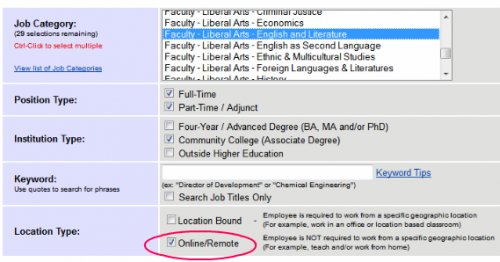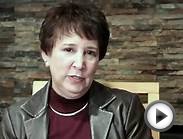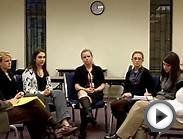
Explore the career requirements for a psychology instructor. Get the facts about duties, education and licensure requirements, salary and potential job growth to determine if this is the right field for you. Schools offering .
Psychology instructors deliver lessons to students about human behavior and the way the human mind works. Education and licensing requirements can vary depending on where you work. Take a look at the following chart for an overview of how to enter the field.
| High School Instructor | College or University Instructor | |
|---|---|---|
| Degree Required | Bachelor's degree | Master's degree, Doctoral degree preferred |
| Education Field of Study | Psychology | |
| Key Skills | Teaching, planning, grading, discipline | Teaching, planning, grading, advising |
| Licensure or Certification | State teacher's license required | Not required |
| Job Growth (2012-2022) | 6%* (Slower than average for all high school teachers) | 19%* (Faster than average for all postsecondary teachers) |
| Median Salary (2013) | $56, 310* | $68, 690* |
*Source:U.S. Bureau of Labor Statistics
What Does a Psychology Instructor Do?
A psychology instructor is a teacher who educates students about the human mind and behavior. As a psychology instructor at the high school level, you'll typically teach students about many different kinds of psychology, including developmental, abnormal and behavioral psychology, as well as introduce them to the theories of influential psychologists, such as Freud and Jung.
At the postsecondary level, you'll often focus more on your specific area of expertise, such as clinical, cognitive or child psychology. As a university professor at a research institution, you could conduct independent studies with the aid of undergraduate and graduate students and aides.
What Education Do I Need?
To become a psychology instructor, you could start by enrolling in a bachelor's degree program in psychology. A few courses you might take in an undergraduate program include behavioral evolution, biopsychology, Jungian theory, health issues, child psychology, mental illness and educational psychology. You can customize your curricular focus with specific electives, and you'll usually need to participate in academic and research experiments and projects.
To teach at a public high school, you'll need to earn a state teaching license or certification. In addition to earning a bachelor's degree, you'll also need to complete teacher training through a post-baccalaureate certificate or master's degree program. Some states might allow you to obtain provisional licensure while you gain this supplementary education.
If you want to teach at the college level, you'll need to earn a graduate degree. Community colleges usually only require a master's degree, though 4-year universities tend to hire professors with a doctoral degree in psychology or a related discipline. You don't need state licensure to teach at postsecondary institutions.
Source: learn.org
You might also like:




|
SECURUS - #1 CHOICE FOR ANXIETY & PANIC RELIEF - Fast Acting & Effective, All Natural, Promotes Calm and Sleep. Safe, Non-Addictive. GABA, Kava Kava, Passion Flower. 90 caps. 100% MONEY BACK GUARANTEE! Health and Beauty (Natures Elixir)
|















a dairyfarm insructer is responsible for conducting demonstrations, house visits, seminars, discussion
classes, group meetings, cattle shows, farmers contact programmes and
orientation programmes relating to scientific breeding, feeding and
management of cattle, production and marketing of milk and other milk
products in their working circle.
Many job boards list online instructor jobs. Most jobs listed are for instructors at online colleges or colleges that offer online classes. The positions are pooled positions. That means that one is placed into a group of qualified applicants and employers will hire only from the pool as needed.